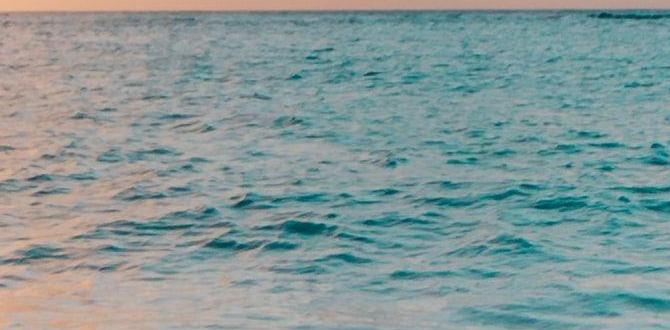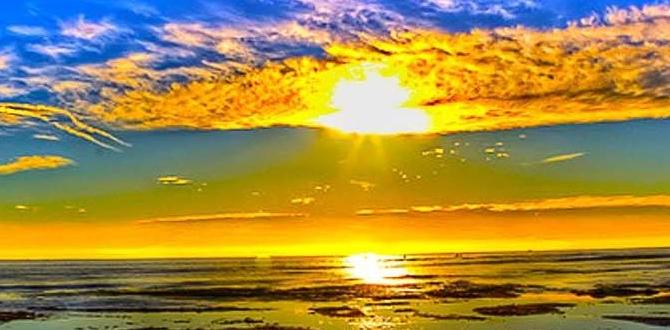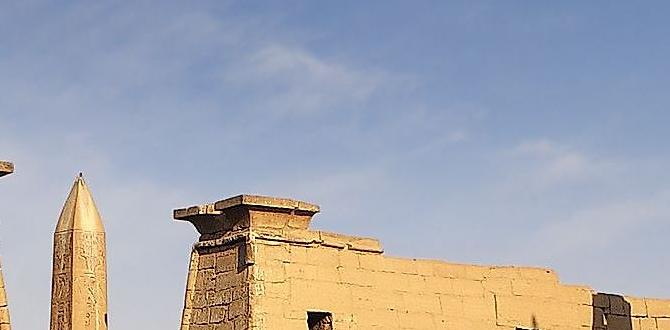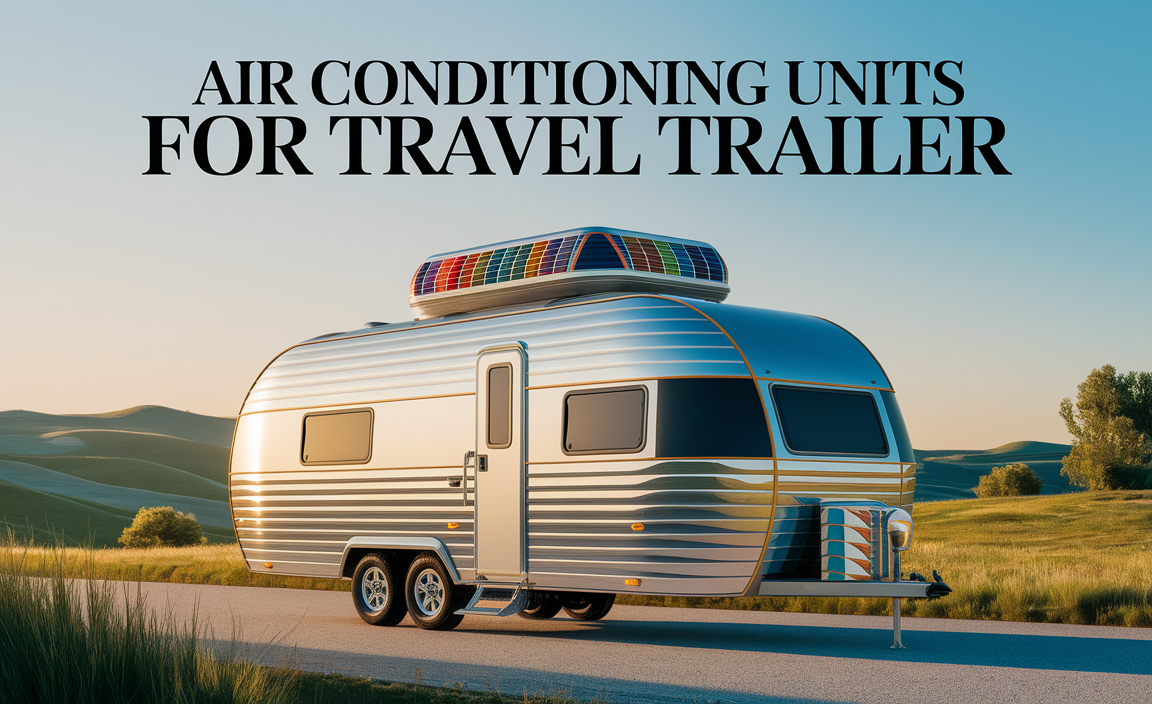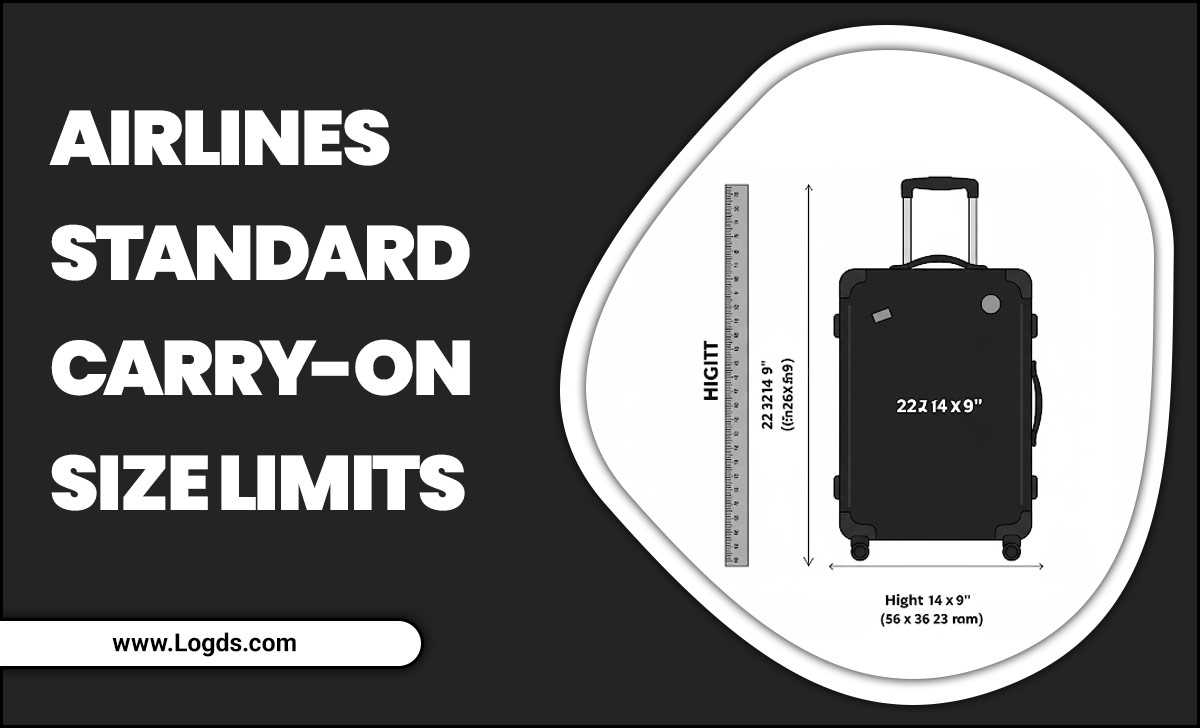Planning a short trip to Algeria? This 4-day itinerary is your key to unlocking the magic of this vibrant North African gem. We’ll guide you through experiencing its rich history, stunning landscapes, and delicious cuisine in just four days, ensuring a memorable and stress-free adventure. Get ready for an unforgettable journey!
Algeria is a North African country with a rich history and diverse landscapes. A 4-day itinerary can offer a fantastic glimpse into its culture, from bustling cities to ancient ruins. Many travelers find it challenging to pack so much into a short period, worrying they might miss the best parts. This guide will help you make the most of your brief visit. We’ll break down a realistic and exciting plan, ensuring you see the highlights comfortably. Get ready to explore!
Navigating Algeria in 4 Days: A City-by-City Approach
When you have limited time, focusing on one or two key areas is the best way to experience Algeria. For a 4-day trip, we recommend concentrating on the capital, Algiers, and perhaps a day trip to a nearby historical site. This allows for deeper exploration without constant travel, ensuring a more relaxing and enjoyable experience. We’ll tailor this itinerary to give you a taste of urban life, history, and local culture.
Day 1: Algiers – Casbah and Coastal Charms
Your adventure begins in Algiers, the White City. It’s a place brimming with history and buzzing with life. We’ll start by immersing ourselves in the heart of the old city, a UNESCO World Heritage site.
Morning: The Casbah of Algiers
Explore the Casbah: This ancient medina is a labyrinth of narrow streets, traditional houses, and hidden squares. It’s a UNESCO World Heritage site, and wandering through it feels like stepping back in time.
Key Sights: Look out for the Ketchaoua Mosque, the Dar Hussein (Palace of the Dey), and the various artisan workshops.
Tip: Wear comfortable shoes! The cobblestone streets can be uneven. Consider hiring a local guide for a richer understanding of the Casbah’s history and secrets. You can find licensed guides through the Algerian Ministry of Tourism.
Visit the Museum of Antiquities and Islamic Art: Located in the city center, this museum houses a remarkable collection of artifacts from Algeria’s diverse past, including Roman mosaics and Islamic calligraphy.
Lunch: Traditional Algerian Flavors
Enjoy your first taste of Algerian cuisine at a local restaurant within or near the Casbah. Dishes like Couscous, Tajine, or Mechoui are highly recommended.
Afternoon: Notre Dame d’Afrique and Coastal Views
Notre Dame d’Afrique: This stunning basilica, perched on a hill overlooking the Mediterranean Sea, offers breathtaking panoramic views of Algiers. Its unique architecture is a sight to behold.
Stroll along the Corniche: Walk along Algiers’ beautiful seaside promenade. It’s a popular spot for locals to relax and enjoy the sea breeze.
Evening: Dining and Relaxation
Dinner: Experience the local dining scene. Many restaurants in the European quarter offer a mix of Algerian and international dishes.
Optional: Enjoy a leisurely evening walk or relax at your accommodation.
Day 2: Algiers – History and Modernity
Today, we delve deeper into Algiers, exploring its more recent history and grander architectural statements, offering a contrast to the intimacy of the Casbah.
Morning: Bastion 23 and Museum Path
Palais des Raïs (Bastion 23): This is a magnificent complex of Ottoman-era palaces and dependencies on the waterfront. It offers insight into the architecture and life of the ruling class during that period. Guided tours are often available and highly recommended.
National Museum of Fine Arts of Algiers: If you’re an art enthusiast, this museum showcases a significant collection of Algerian art, as well as European masters. Its location in a beautiful park also makes it a pleasant visit.
Lunch: Local Eateries
Find a local spot for lunch, perhaps trying some grilled meats or a hearty lentil soup.
Afternoon: Monument des Martyrs and the Bay of Algiers
Monument des Martyrs (Maqam Ech-Chahid): This imposing monument, dedicated to the martyrs of the Algerian War of Independence, offers incredible views of the city and the Bay of Algiers. The eternal flame and the museum beneath provide a solemn and historical experience.
Cable Car Ride: For fantastic city views, take a ride on the Algiers cable car. It connects the city center to the heights, offering a unique perspective of the urban sprawl and the sea.
Evening: Dinner in a Lively District
Dinner: Explore areas like Hydra or La Kouba for a wider range of dining options, from upscale restaurants to charming local bistros.
Day 3: Day Trip to Tipasa
A short trip outside Algiers takes you to one of Algeria’s most significant archaeological sites. It’s a perfect blend of history and coastal beauty.
Morning: Travel to Tipasa
Journey to Tipasa Archeological Site: Take a taxi or arrange for a private car to drive you to Tipasa (approximately 1 hour from Algiers). This ancient city, founded by Phoenicians and later developed by the Romans, is a UNESCO World Heritage site.
Explore the Ruins: Wander through the remarkably well-preserved Roman ruins, including the amphitheater, basilicas, baths, and villas. The site overlooks the Mediterranean, making for a stunning backdrop.
Key Features: Don’t miss the Grand Basilica, the Roman Forum, and the Mausoleum of the Christian Woman.
Resource: For more information on Roman Algeria, the World History Encyclopedia provides excellent context.
Lunch: Seaside Dining
After exploring the ruins, enjoy lunch at a restaurant by the sea in modern Tipasa. Fresh seafood is a specialty here.
Afternoon: The Royal Mausoleum of Mauritania and Return to Algiers
Tombeau de la Chrétienne (Royal Mausoleum of Mauritania): On your way back to Algiers, stop to see this unique ancient monument. It’s a cylindrical tomb topped by a pyramid, a striking and enigmatic structure. It’s distinct from the Roman ruins and offers a glimpse into pre-Roman architecture.
Return to Algiers: Head back to the capital in the late afternoon.
Evening: Farewell Dinner
Enjoy a final Algerian dinner, perhaps revisiting a favorite dish or trying a new restaurant to celebrate your trip.
Day 4: Algiers – Markets and Departure
On your last day, you can delve into local life, pick up souvenirs, and prepare for your departure.
Morning: Souvenir Shopping and Local Markets
Marché de la Rue Asselah Hocine: This bustling market is a great place to experience local life and find souvenirs. You can find traditional crafts, spices, textiles, and local products.
Artisan Shops: Explore shops in the city center for higher-quality handcrafted items, such as leather goods, ceramics, or traditional clothing.
Lunch: A Quick Bite
Grab a quick and delicious lunch from a street vendor or a local café. Try some ‘Bourek’ (stuffed pastry) or a fresh ‘Jemila’ sandwich.
Afternoon: Last Impressions and Departure
Optional: Depending on your flight schedule, you might have time for a final stroll along the Corniche or a visit to a café to soak in the last moments of Algerian atmosphere.
Departure: Head to Houari Boumediene Airport (ALG) for your departure. Ensure you allow ample time for airport procedures.
Essential Tips for Your 4-Day Algerian Adventure
To make your trip smooth and enjoyable, here are some practical tips. Traveling can bring unique challenges, especially when it comes to personal comfort and convenience. For adults who may require extra support, discreet and reliable options like adult diapers can ensure peace of mind during sightseeing and travel. Similarly, families traveling with young children might find child diapers indispensable for easy changes on the go. Planning ahead for these needs, just like packing the right clothes, contributes significantly to a stress-free journey.
Visa and Entry Requirements
Check Visa Requirements: Ensure you have the necessary visa for Algeria well in advance of your travel dates. Requirements can vary based on your nationality. Research on official Algerian government websites or embassy pages is crucial.
Passport Validity: Your passport should be valid for at least six months beyond your intended stay.
Currency and Payments
Currency: The currency is the Algerian Dinar (DZD).
Cash is King: While some larger hotels and businesses may accept cards, it’s advisable to carry a good amount of cash, especially for markets and smaller establishments. ATMs are available in cities but can sometimes be unreliable.
Language
Official Languages: Arabic and Tamazight are the official languages. French is widely spoken in business and by educated individuals.
Basic Phrases: Learning a few basic Arabic or French phrases will be greatly appreciated.
Transportation within Algeria
Taxis: Taxis are a common way to get around Algiers. Ensure the meter is used, or agree on a price beforehand.
Intercity Travel: For longer distances, trains and buses are available, but for a short 4-day trip, focusing on a single city or one day trip is more practical.
Car Rentals: Car rentals are an option for more independent travel, but navigating Algerian roads and parking can be challenging for first-time visitors. Driving is on the right side of the road.
Safety and Health
General Safety: Algeria is generally safe for tourists, but like any destination, it’s wise to be aware of your surroundings, avoid displaying valuables, and exercise caution, especially at night.
Health: Consult your doctor about any necessary vaccinations or health precautions before your trip. Tap water is generally not recommended for drinking; stick to bottled water.
Comfort Items: For individuals managing incontinence, packing adult briefs or other necessary products discreetly in your luggage can provide security and comfort throughout your explorations. This attention to personal needs ensures you can focus on enjoying the sights and experiences.
Packing Essentials for Your Algerian Trip
Packing smart is key to a comfortable trip. Algeria has a Mediterranean climate, but it’s good to be prepared for variations.
Clothing
Lightweight & Breathable Fabrics: Linen, cotton, and other breathable materials are ideal for the climate.
Modest Attire: Algeria is a Muslim country. While tourist areas are generally more relaxed, it’s respectful to dress modestly, especially when visiting religious sites or off the beaten path. This means covering shoulders and knees.
Comfortable Walking Shoes: You’ll be doing a lot of walking, especially in the Casbah and archaeological sites.
Scarf or Shawl: Useful for women for visiting mosques or for added sun protection.
Light Jacket or Sweater: Evenings can be cooler, especially by the sea.
Documents & Electronics
Passport and Visa Copies: Keep digital and physical copies separate from your original documents.
Travel Itinerary: A printed copy can be handy.
Power Adapter: Algeria uses Type C and Type F sockets. The standard voltage is 230 V.
Portable Power Bank: Essential for keeping your phone charged while out exploring.
Health & Personal Care
Sunscreen, Hat, Sunglasses: The sun can be strong.
Basic First-Aid Kit: Include any personal medications.
Hand Sanitizer: Always useful when traveling.
Personal Care Items: Including any specific needs, such as incontinence pads and liners, which can be discreet and convenient for daily use. Packing these ensures comfort and confidence throughout your travels.
Sample Cost Breakdown for a 4-Day Trip (Estimated)
This is a rough estimate and can vary greatly based on your travel style, chosen accommodation, and dining preferences. Prices are in USD for ease of understanding, but remember you’ll be paying in Algerian Dinars. All prices are approximate and for one person.
| Category | Estimated Cost (Low-Mid Range) | Estimated Cost (Mid-High Range) |
|---|---|---|
| Accommodation (per night) | $30 – $60 | $70 – $150+ |
| Food (per day) | $20 – $35 | $40 – $70+ |
| Local Transportation (per day) | $5 – $15 | $20 – $40 (including day trip transport like taxis) |
| Activity/Entrance Fees (total for 4 days) | $15 – $25 | $30 – $50 |
| Miscellaneous/Souvenirs | $20 – $50 | $50 – $100+ |
| Total Estimated Cost (4 Days) | $180 – $335 | $380 – $760+ |
Note: This estimate does not include international flights or visa fees.*
Frequently Asked Questions
Is Algeria safe for solo travelers?
Algeria is generally considered safe for solo travelers, particularly women. However, like anywhere, it’s important to remain aware of your surroundings, dress modestly, avoid walking alone at night in unfamiliar areas, and trust your instincts. Many Solo travelers find the local hospitality to be very welcoming.
What is the best time to visit Algeria?
The best times to visit Algeria are during the spring (March to May) and autumn (September to November). During these months, the weather is pleasant, with moderate temperatures ideal for sightseeing. Summer can be very hot, especially inland, while winter can be cool and rainy.
Do I need to speak French or Arabic in Algeria?
While knowing some basic Arabic or French phrases is helpful and appreciated, it’s not strictly necessary for a short tourist trip to major cities like Algiers. French is widely spoken, especially in business and by many people you’ll encounter in tourism. English is less common but is growing in tourist areas. Using translation apps can also be a great help.
What are the visa requirements for Algeria?
Most nationalities require a visa to enter Algeria. You must apply for this visa at an Algerian embassy or consulate in your home country or a neighboring country well in advance of your travel. Requirements can vary, so always check the latest information directly from the official Algerian diplomatic mission responsible for your region.
Can I drink tap water in Algeria?
It is generally recommended not to drink tap water in Algeria. Stick to bottled water purchased from reliable sources. This is a standard precaution for many travelers visiting countries with different water treatment systems to avoid potential stomach upset.
What kind of outfits are appropriate for visiting religious sites?
When visiting mosques or other religious sites, modest dress is essential. For women, this typically means covering your shoulders, arms, and legs. A headscarf is often required to cover your hair. Men should also wear long pants and avoid sleeveless shirts. It’s always wise to err on the side of caution and dress more conservatively when in doubt.
Is it easy to find vegetarian options in Algerian restaurants?
Finding strictly vegetarian main courses can be a bit challenging as meat dishes are central to many Algerian cuisines. However, Algeria offers many delicious vegetable-based dishes like tagines (veget


